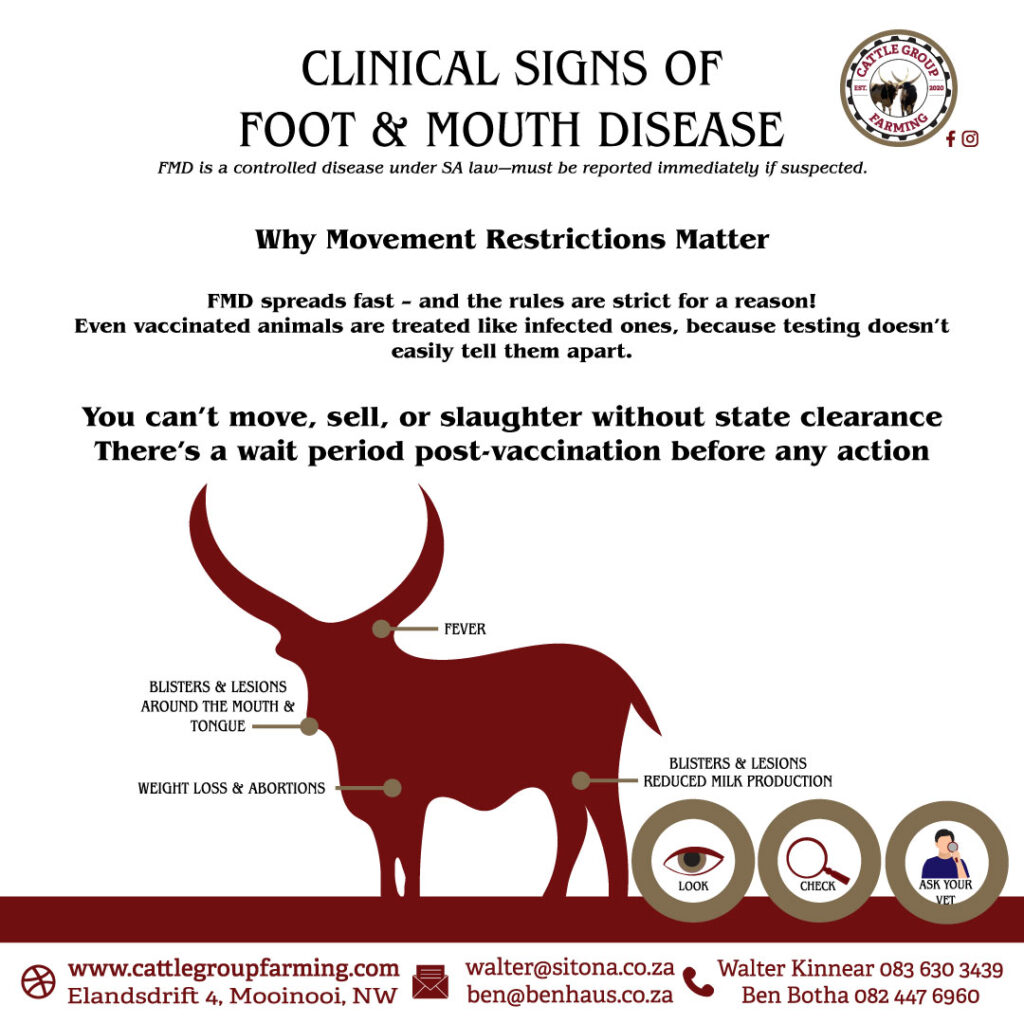
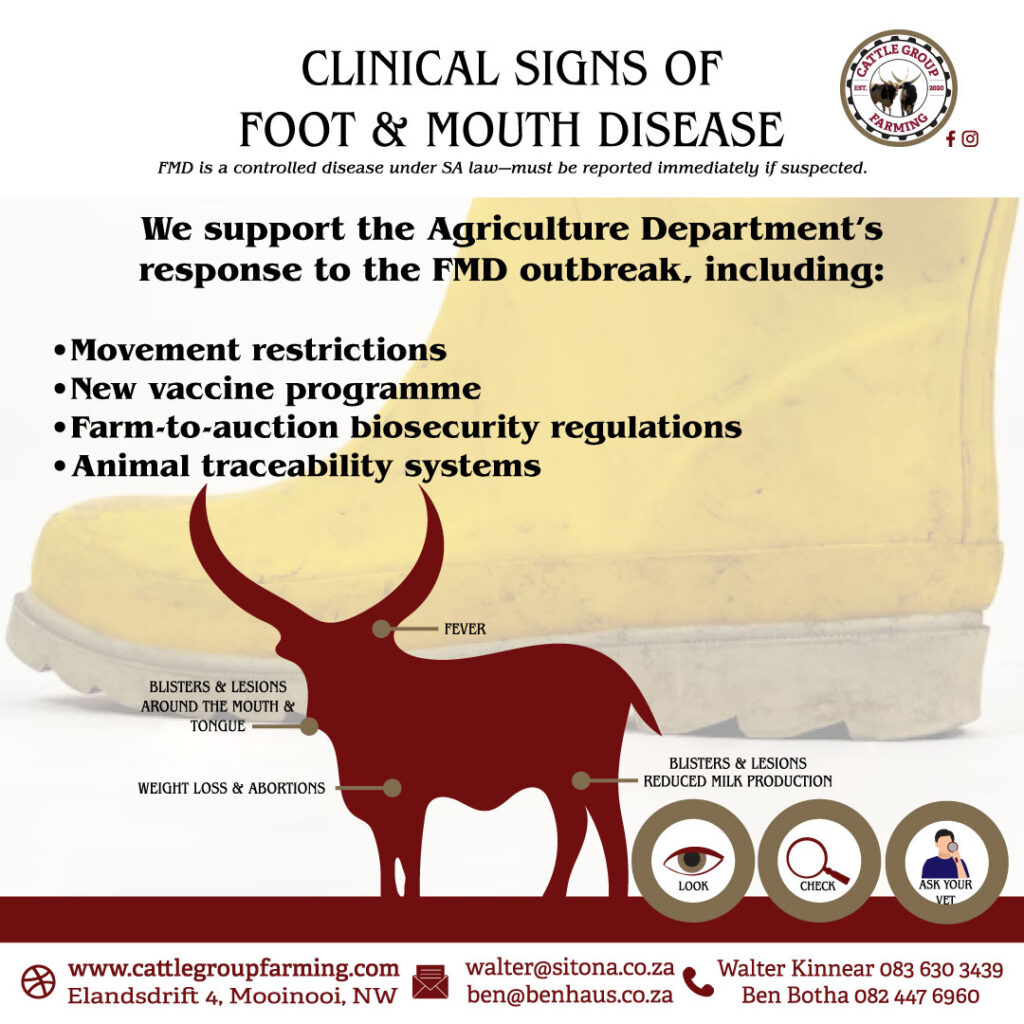
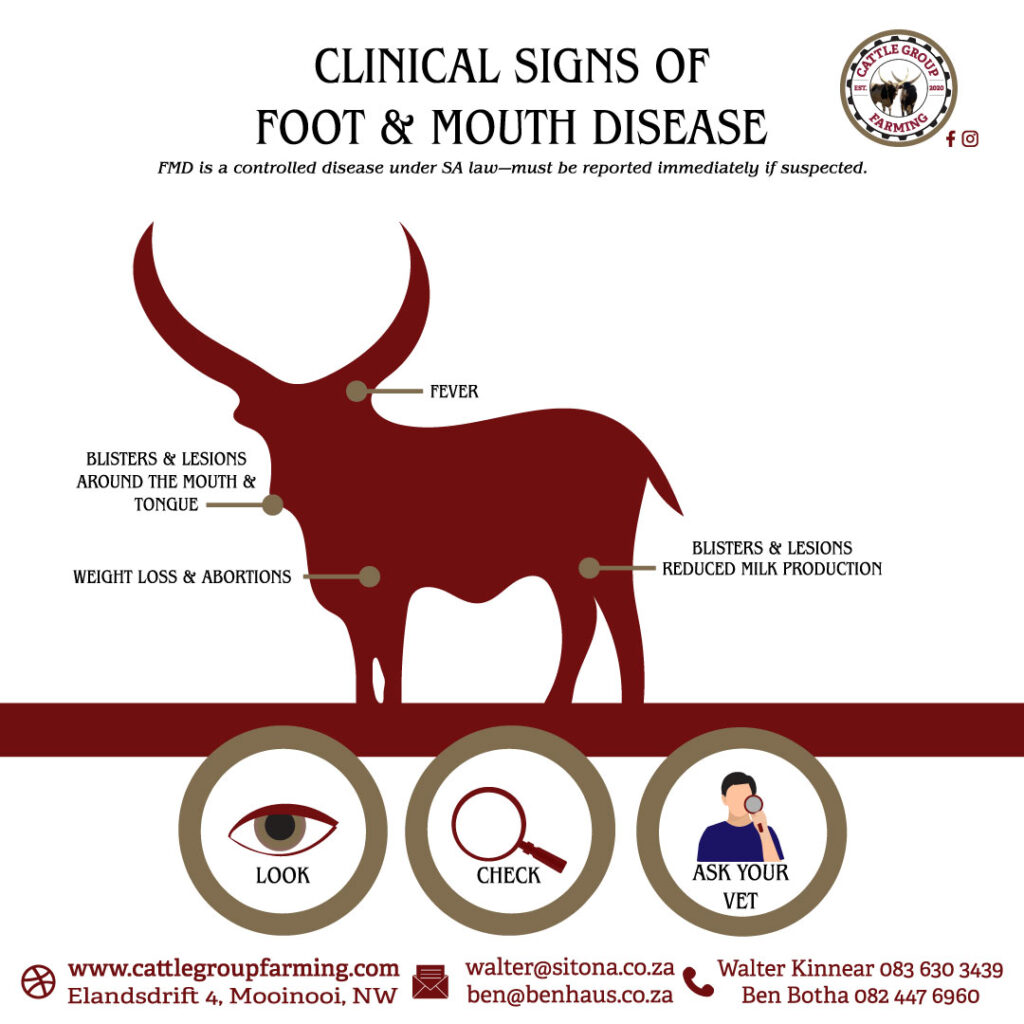
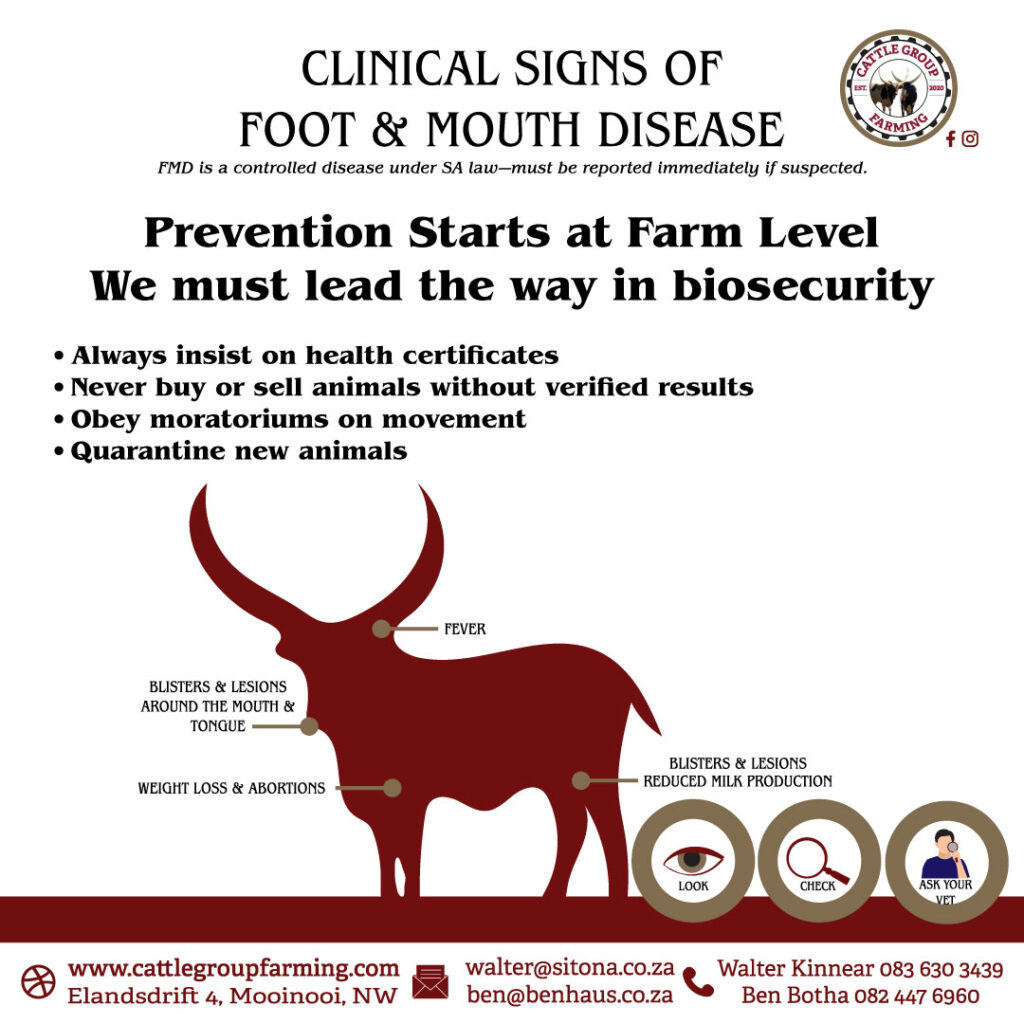
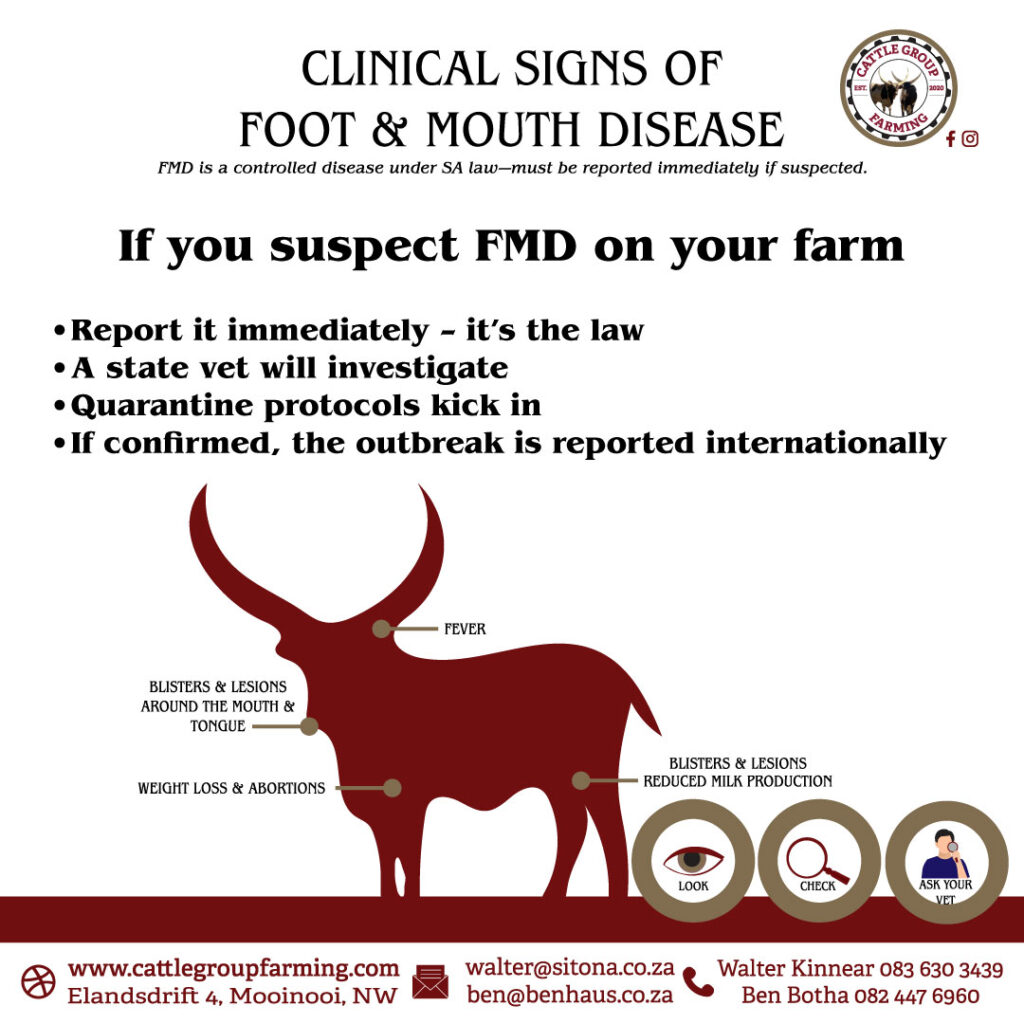
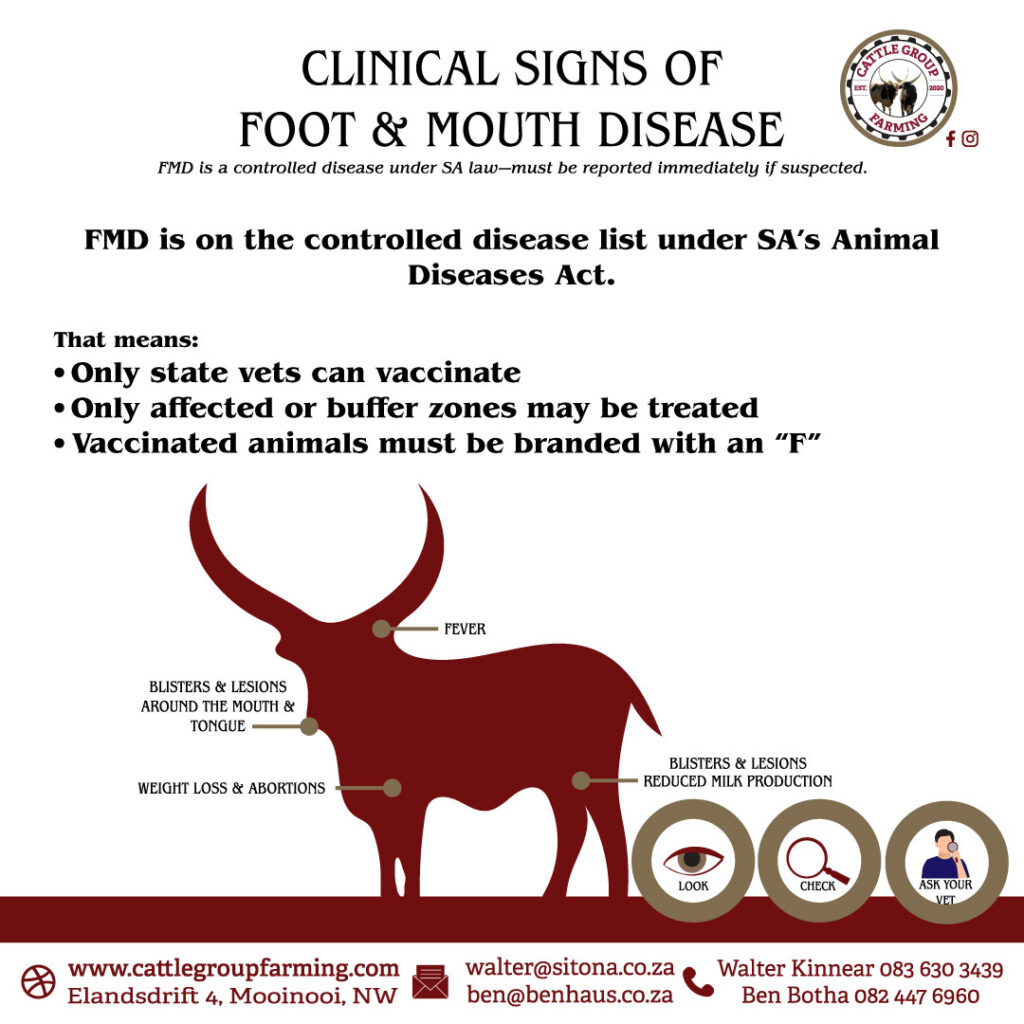
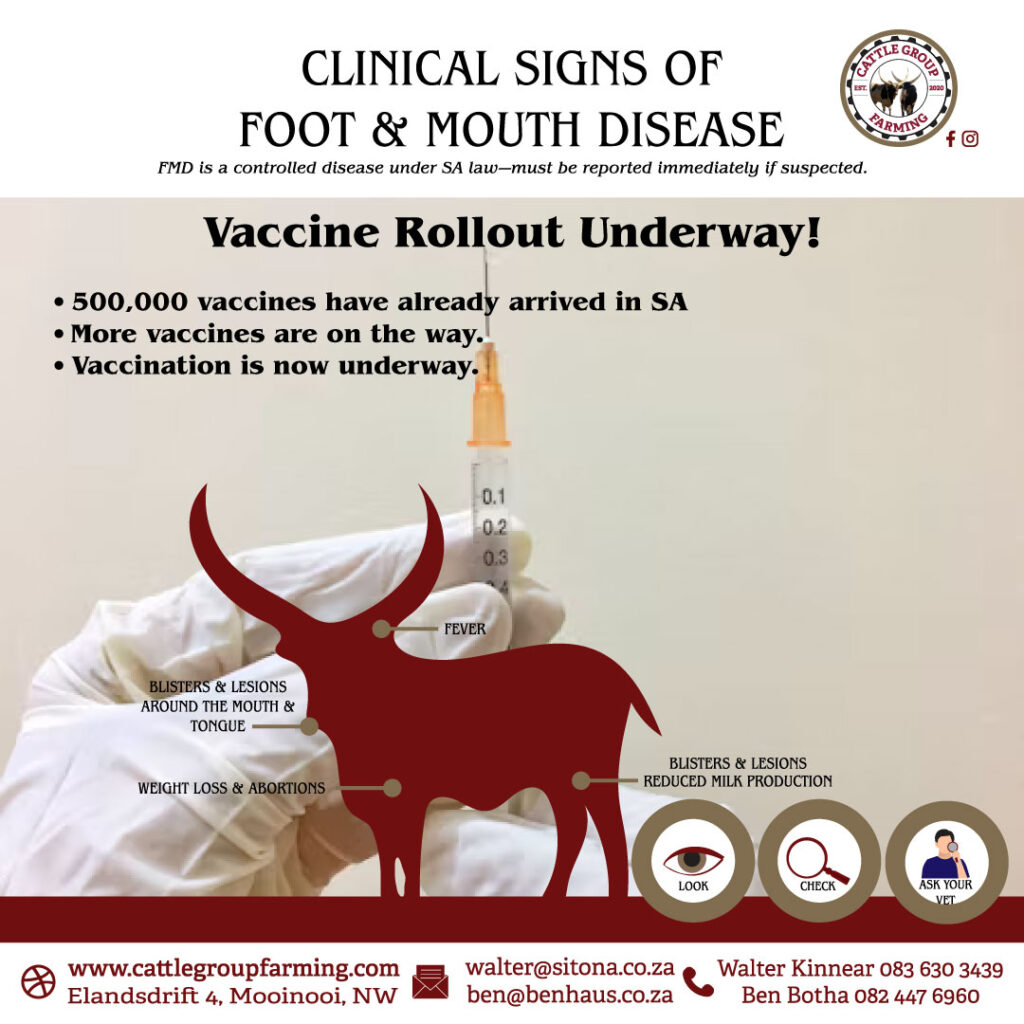
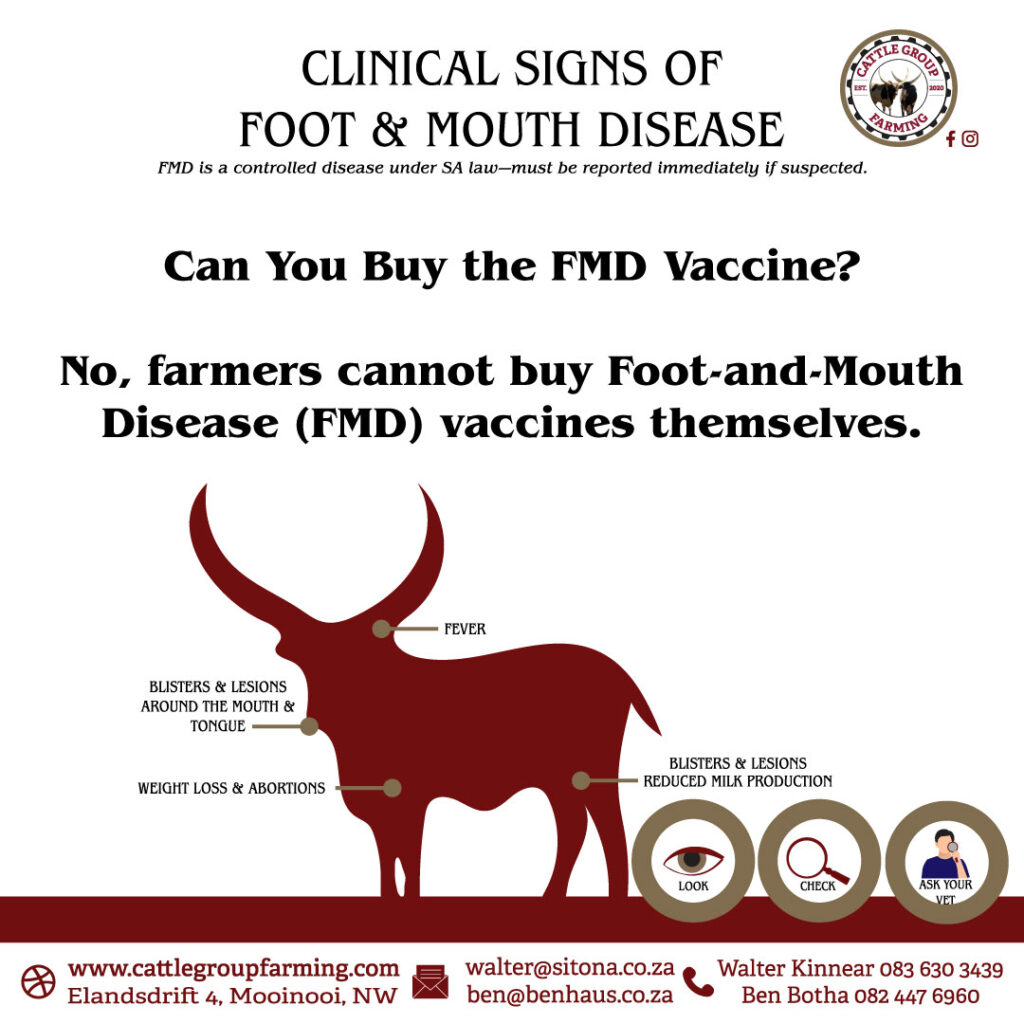
Understanding Foot-and-Mouth Disease
A Cattle Group Farming Educational Update
“Informed farmers make stronger herds.”
Understanding Foot-and-Mouth Disease: What Farmers Need to Know
A Cattle Group Farming Educational Update
“Informed farmers make stronger herds.”
What Is Foot-and-Mouth Disease (FMD)?
Foot-and-Mouth Disease (FMD) is a highly contagious viral disease that affects cloven-hoofed animals such as cattle, sheep, pigs, and goats. Although it does not pose a danger to human health, its economic impact on livestock farming can be devastating.
Outbreaks result in severe trade restrictions, quarantines, and halted movement of animals — putting immense pressure on producers and the broader red meat value chain.
Recent Confusion About Vaccines
In June 2025, confusion spread after a media outlet suggested that Foot-and-Mouth Disease vaccines could be bought by the public from Onderstepoort Biological Products (OBP). This was incorrect. The National Red Meat Producers’ Organisation (RPO) addressed the issue and the publication retracted the statement.
Still, many farmers were left wondering: Why can’t I vaccinate my own animals against FMD?
Why You Can’t Just Buy FMD Vaccines
FMD is a state-controlled disease in South Africa, regulated under the Animal Diseases Act, 1984 (Act 35 of 1984). This means that only the National Department of Agriculture may procure and administer vaccines for FMD — not private individuals, veterinarians, or companies.
Other controlled diseases under this law include brucellosis, anthrax, rabies, and sheep scab.
Review & Download a list of the Controlled & notifiable animal diseases (2023) below:
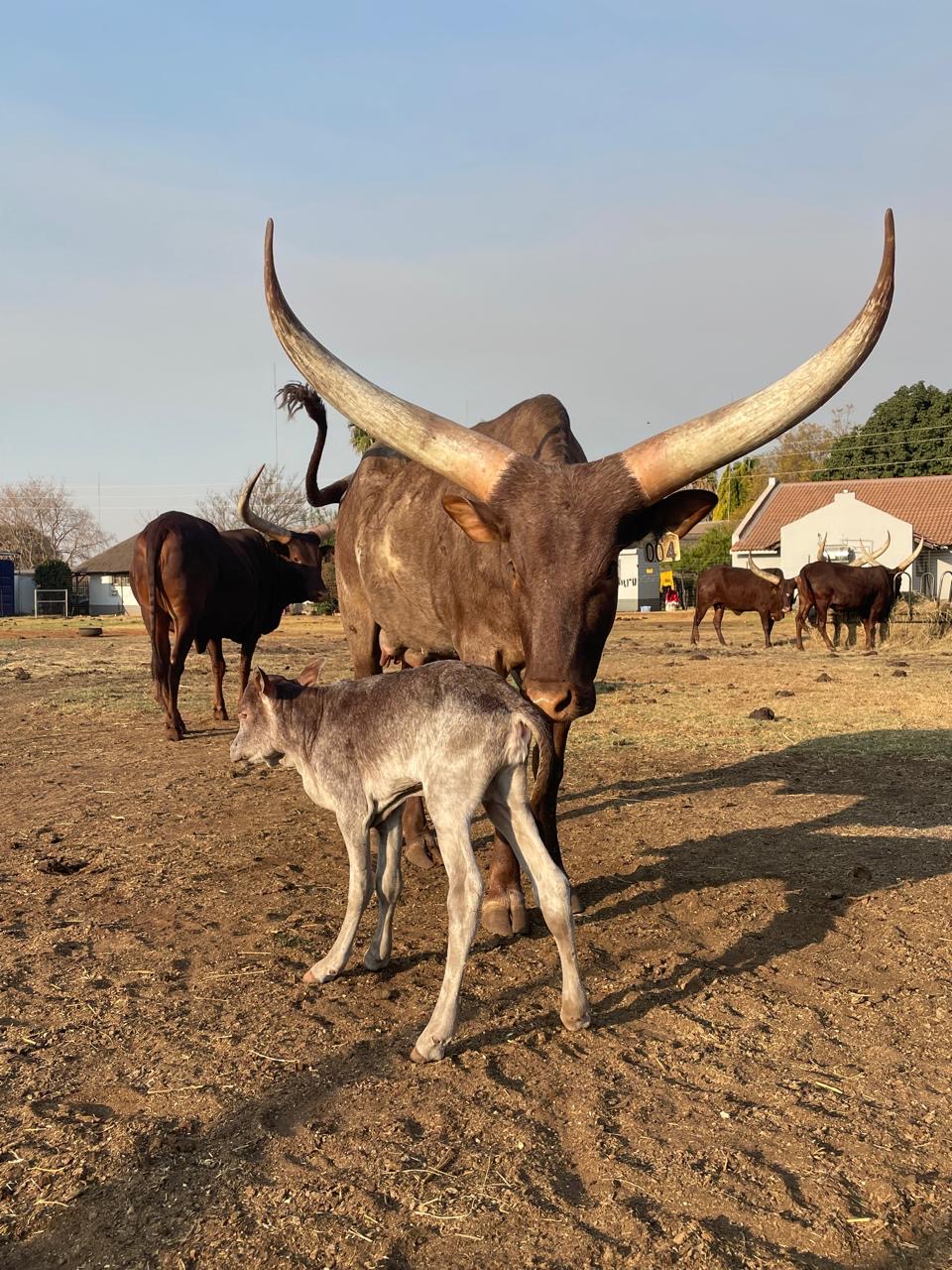
What Happens If FMD Is Suspected?
If FMD is suspected on a farm:
The disease must be immediately reported to your local State Veterinarian (legally required).
A state vet will inspect and test the animals.
Quarantine measures will be implemented if necessary.
The outbreak must be reported to the World Organisation for Animal Health (WOAH).
📄 A disease reporting form can be downloaded from the NAHF website.

How FMD Vaccines Work in SA
Vaccines are imported by the Department from the Botswana Vaccine Institute (BVI).
Vaccination is only allowed in official outbreak zones or designated buffer zones (e.g. areas around Kruger National Park).
Farmers may not vaccinate proactively or outside of official programmes.
Vaccinated animals must be branded with an “F” on the neck for traceability.
All unused vaccines are returned to state vets for controlled redistribution.
Due to the complexity of diagnosing vaccinated animals vs infected animals, both are treated with the same restrictions when it comes to movement, slaughter, or sale.
This is why movement bans and controlled vaccination are so crucial.
What Farmers Can Do: Biosecurity is Your First Defence
While vaccination is the state’s responsibility, biosecurity starts at farm level. Here’s what every cattle farmer should be doing:
Check animal health records before buying livestock
Always ask for a valid health certificate
Respect livestock movement restrictions during moratoriums
Quarantine new animals before mixing with your herd
Report any signs of mouth sores, lameness, or salivation immediately

📍 Contact Your Nearest State Vet in North West
If you’re based in North West Province and suspect an outbreak or need veterinary guidance, contact your State Veterinary Office:
| Name | Area | Phone | |
|---|---|---|---|
| Dr Langa Madyibi | Provincial Director | 📞 071 854 2016 | LMadyibi@nwpg.gov.za / Langamadyibi45@gmail.com |
| Dr CN Makgatho | Kgetleng River | 📞 066 054 9492 | makgathoc@gmail.com |
| Dr G. Coetzee | Molopo & Kagisano | 📞 082 374 8507 / 082 433 4281 | gert3107@gmail.com |
| Dr Kiwanuka | Lekwa-Teemane | 📞 073 324 6022 | Akiwanuka@nwpg.gov.za |
| Dr Rumbidzai E. Murapa | Mamusa | 📞 060 980 8555 | ruemurapa@gmail.com |
| Dr T. Dakwa | Matlosana (Klerksdorp) | 📞 066 141 6472 | tdakwa@nwpg.gov.za |
| Dr KG Sehoole | Ventersdorp | 📞 066 054 3159 | — |
| Dr N. Kruger-Rall | Ditsobotla (Lichtenburg) | 📞 082 324 3175 | nelmarierall68@gmail.com |
| Dr Emmanuel Midzi | Rustenburg | 📞 082 321 8141 | emidzi@nwpg.gov.za |
📍 Veterinary Services Office:
Agric Centre, Room S111, Corner James Moroka Drive & Stadium Road, Mmabatho
📞 018-389 5102 / 5057
Information Obtained from: https://old.dalrrd.gov.za/vetweb/Contacts/PVS/North%20West%20Veterinary%20Services%20Contact%20List%2020240207.pdf
FMD is not just a veterinary issue — it’s an economic and food security issue. While it’s frustrating that vaccines aren’t available privately, there’s good reason: controlled handling and traceability are our best defences against widespread outbreaks.
Let’s all do our part:
Know the facts; Don’t break movement bans; Keep our herds – and our industry – safe.
Preserving Heritage, Ensuring Future Prosperity
As we celebrate the Ankole breed’s balanced frame and exceptional bodily proposition, it’s essential to recognize the role of conservation efforts in safeguarding this heritage breed. Ankole cattle are not only a source of economic prosperity but also cultural significance, deeply rooted in the heritage of the regions they inhabit.
Cultural Significance:
Ankole cattle are more than livestock; they are cultural icons.
Their distinct appearance, characterized by the iconic long, curved horns, carries cultural and historical significance.
Preserving the Ankole breed is not just an agricultural imperative but also a commitment to safeguarding cultural heritage.
Sustainable Farming Practices:
The balanced frame and good bodily proposition of Ankole cattle align with the principles of sustainable farming. Their adaptability to diverse environments and their efficient feed utilisation contribute to the promotion of eco-friendly and sustainable agricultural practices. As the global agricultural landscape emphasizes sustainability, the Ankole breed emerges as a valuable ally in this endeavor.
Genetic Diversity:
Conserving Ankole cattle ensures the preservation of genetic diversity within the cattle population.
This is vital for the overall resilience of the global cattle industry.
By maintaining diverse breeds like Ankole, farmers contribute to the health and adaptability of the broader genetic pool, mitigating risks associated with disease and environmental changes.

Unlock the Power of Ankole Transform Your Farming Future
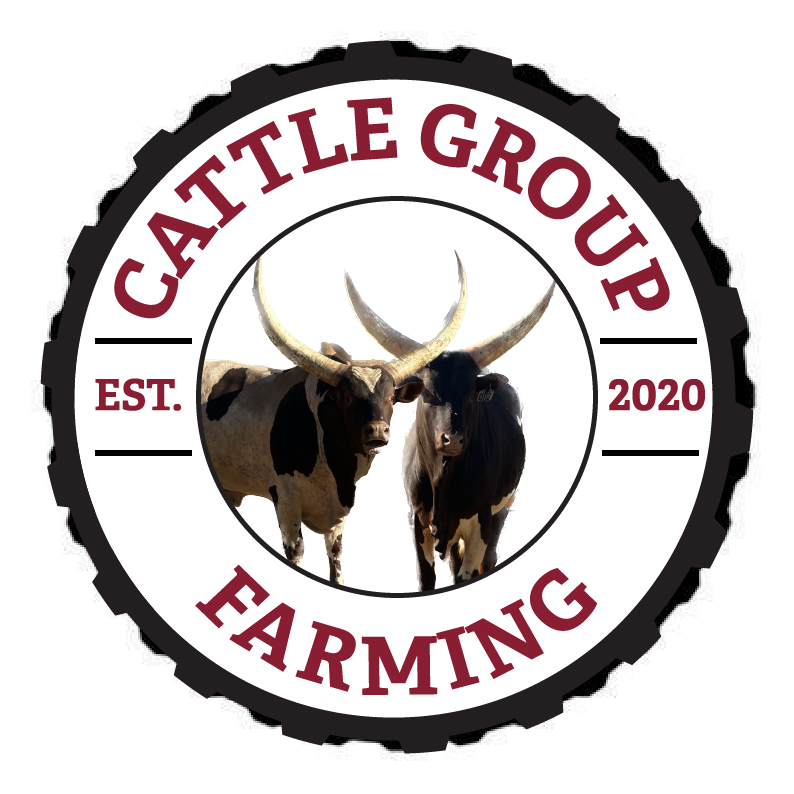
Cattle Group farming
Where Standards, Not Numbers, are elevated & Quality Reigns Supreme
- Walter@sitona.co.za
- +27 83 630 3439
- Privacy Policy
- Terms & Conditions